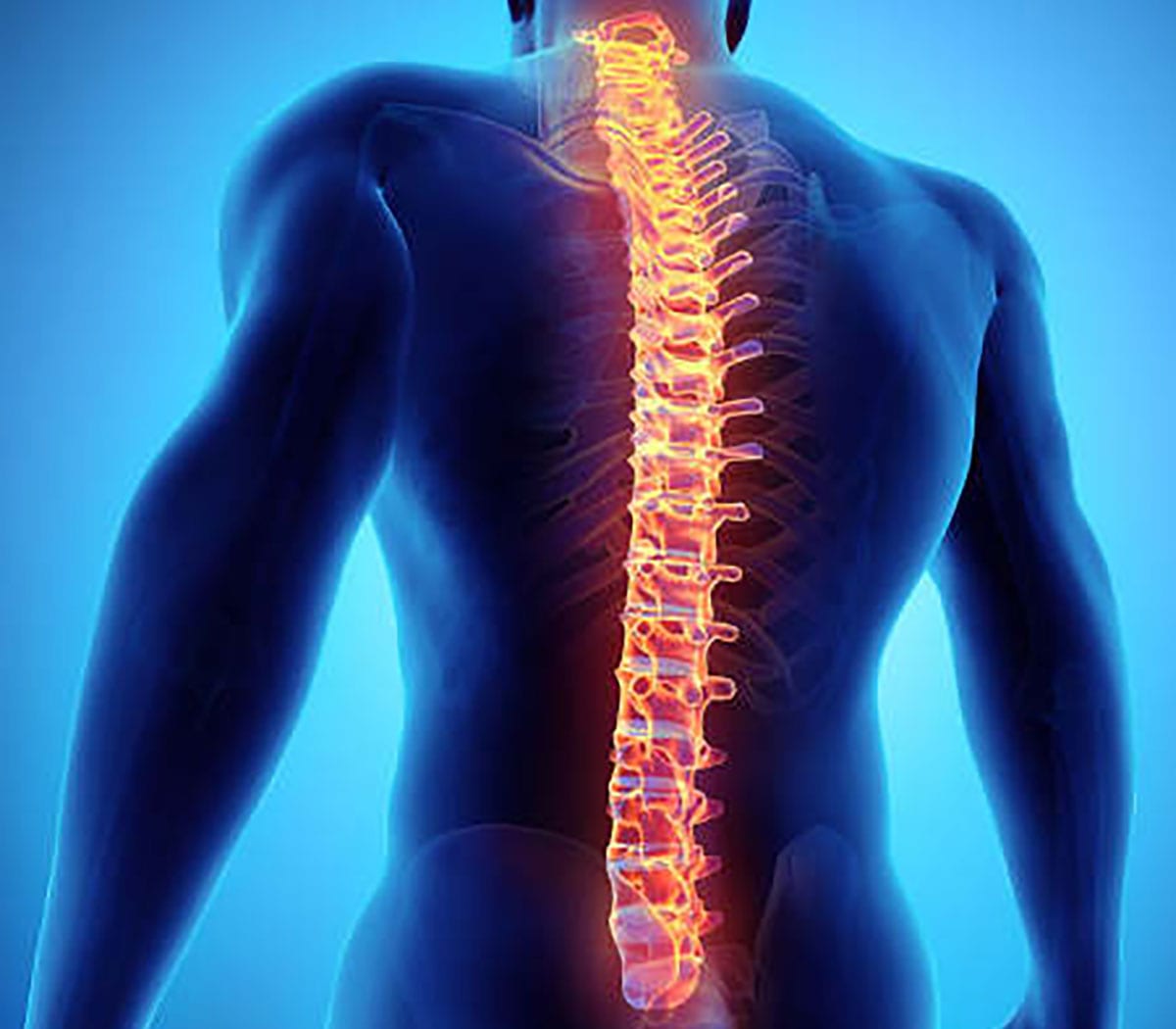Spine Conditions
Thoracic Radiculopathy
Thoracic radiculopathy is a condition that occurs when a nerve in the thoracic region of the spine becomes pinched or damaged. The thoracic region is the middle portion of the spine, located between the cervical and lumbar regions. The thoracic nerves control the muscles and sensation in the chest, back, and abdomen.

Symptoms
The symptoms of thoracic radiculopathy can vary depending on the location and severity of the nerve compression or damage. Some of the common symptoms include:
- Pain: The most common symptom of thoracic radiculopathy is pain in the chest, back, or abdomen. The pain may be sharp, burning, or aching and may worsen with movement.
- Numbness: Numbness or tingling may occur in the area controlled by the affected nerve, such as the chest or back.
- Weakness: Muscle weakness may occur in the affected area, making it difficult to perform certain activities.
- Difficulty breathing: In severe cases, nerve compression in the thoracic region can affect the muscles involved in breathing, leading to difficulty breathing.
Causes
Thoracic radiculopathy can be caused by a range of factors, including:
- Herniated disc: A herniated disc in the thoracic region can compress or damage the nerves, leading to radiculopathy.
- Degenerative disc disease: As we age, the discs in our spine can wear down, leading to degenerative disc disease. This can cause nerve compression and thoracic radiculopathy.
- Spinal stenosis: Spinal stenosis occurs when the spinal canal narrows, putting pressure on the nerves in the thoracic region.
- Trauma: A traumatic injury to the spine, such as a car accident or fall, can lead to nerve compression or damage and thoracic radiculopathy.

